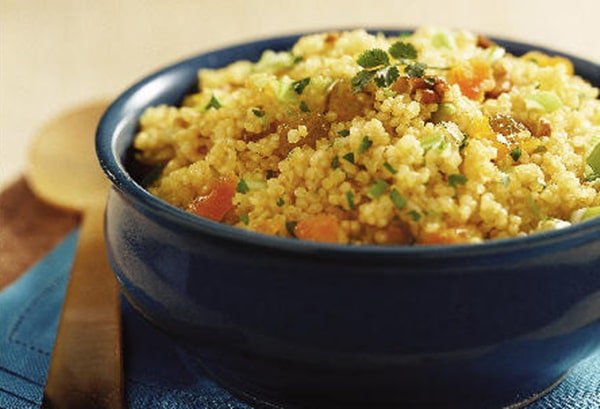8 Gluten-Free Food Swaps
Going gluten free can be a better choice for many people.
Going gluten free can be a better choice for many people. – By Kim McDevitt

Because whole grains are such a rich source of vitamins, minerals, and fibre, they’re a valuable asset to any balanced diet. And for runners, they’re one of the carbohydrates essential for immediate glucose energy and glycogen replenishment.
But, for a variety of reasons, avoiding grains – and going gluten free – can be a better choice for many people. Gluten is the protein found in wheat. While some people are completely intolerant of it (celiac disease), others may experience nonceliac gluten sensitivities. These sensitivities can manifest themselves as headaches, brain fog, bloating, and/or joint pain.
I believe a lot of nonceliac people who remove gluten from their diet tend to feel better merely because they are eliminating a lot of refined, processed foods from their diet. But, whatever your reason, if you, family members, or friends are following a gluten-free diet, navigating the gluten-free whole food list can sometimes get confusing.
The good news is there are lots of naturally gluten-free, high-quality carbohydrates that can be swapped in, providing the proper fuel for your runner’s body and eliminating the unwanted side effects that may come along with eating gluten.
The Common Choices
Quinoa: A gluten-free powerhouse offering both carbohydrates and protein plus fibre and 15 percent daily iron in just one cup. A great option for breakfast, lunch or dinner.
Brown Rice: I always advocate brown over white when it comes to rice. While both contain the same amount of carbohydrates, brown rice offers over three times the amount of fibre and 20 percent more magnesium per cup.
Oats: Oats are gluten free, but choose ones labelled as if you are celiac. Whole oats are high in fibre and complex carbohydrates, which means they are slow to digest and convert into simple sugars. While slow they are still quite easy to digest, making them ideal as a pre-run meal.
Teff: A tiny grain from Ethiopia, teff is rich in iron, magnesium, and calcium—nutrients important to all runners. Teff is also high in amino acids, making it a protein source. It can be prepared as a morning porridge, incorporated into quick breads, or added to veggie burgers, soups, and stews.
Amaranth: Rich in B-vitamins, calcium, iron, and vitamin C, amaranth is another gluten-free grain rich in both carbohydrates and protein. In fact, amaranth contains more protein than most other grains. Prepare a side dish of amaranth and rice, add to homemade granola bars, or pop it and eat as a cereal.
Millet: Like teff, millet has been a long-time staple in traditional diets. Tiny in size, millet is rich in antioxidants and magnesium, a mineral (and electrolyte) responsible for maintaining normal muscle and nerve function. Cook fluffy millet as a side similar as you would rice.
Sweet Potatoes: Sweet potatoes are among the richest sources of beta-carotene (from vitamin A), which benefits your vision, immune system and skin. They are also higher in fiber than white potatoes, meaning they digest more slowly in the body.
Potatoes: Cheap and easy to prepare, potatoes have long gotten a bad reputation of being high in sugar and nutrient poor. But, potatoes are a great source of carbohydrate and ideal eaten the night before a long run. They are easy to digest, fairly low in fibre and provide your body with vitamin C and potassium.
READ MORE ON: gluten-free healthy-foods nutrition

